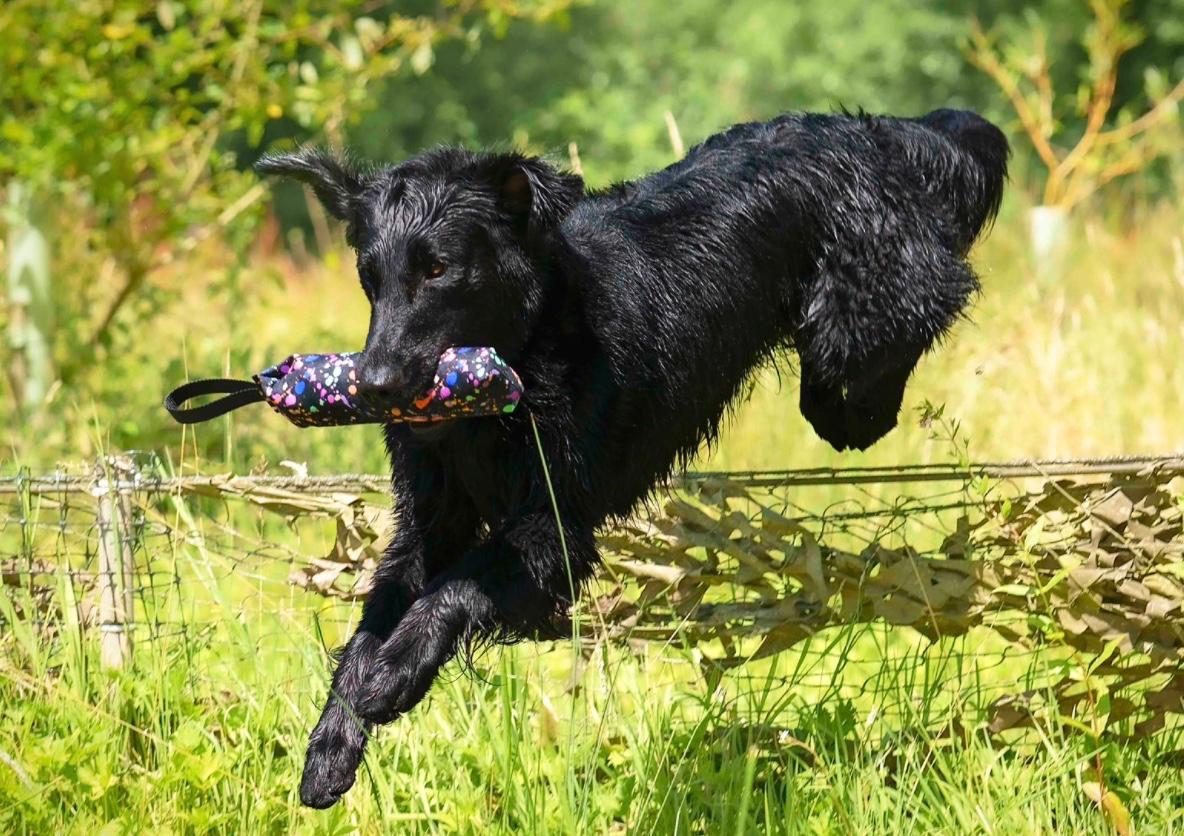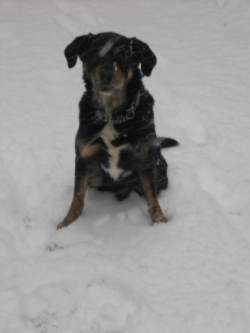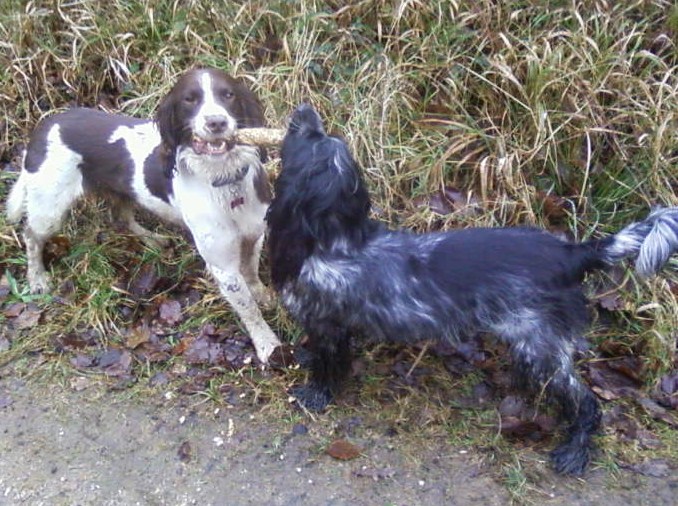Testimonials

Suzi Tagg
"Eiddwen has been treating my dogs for many years. She has always had great empathy with them and is very thorough when checking them over.
Eiddwen is very gentle with the dogs and provides exercises for thier aftercare. They have all loved her and get very excited when she arrives, hoping that she is here to see them.
I would highly recommend her services."

Lynette Irwin
"Plover is nearly 12 years old and really benefits from her regular treatments with Eiddwen. She injured her back badly as a 5 year old and has a transverse disc causing nerve pain in her back leg. Her disc has now fused, but the exercises Eiddwen has given in addition to her treatments, enable her to still live a full and active life, enjoying two long walks a day."


Kerie Coutts
"We'd like to thank Eiddwen at Animal Balance, Eiddwen gave Asha a treatment after a rough play session with another dog. The treatment was 2 days before Crufts and it made a great difference and freed up her movement. We have no doubt this contributed to Asha being placed third in her class at Crufts. We would thoroughly recommend Eiddwen, who had an experienced and sensitive manner with Asha. Thank you once again"

Jeanie Moir
"Eiddwen has been to see Sammy twice now since my super clean 14 year old Parson dog starting messing in the house. She found he had considerable lower back problems and the treatment provided has made a dramatic difference. Not only is he a clean dog again but with suggested exercises to strengthen his back and hind quarters is a happier, stronger dog."

Karen Callaghan
"I am so glad I found Eiddwen to help with my border collies spondalosis back problem I have tried many things but after sessions I can see Madi is feeling so much more supple and with only the odd pain killer this is so natural and much more worthy than other things we have tried and makes perfect sense to release muscle tension with this problem."




Canine Treatments:
Dogs have highly flexible spines, allowing them to manoeuvre easily at high speeds, much to their pleasure! Unfortunately, stopping, turning, jumping and crashing at speed will all place the body under strain, resulting in muscle spasms and skeletal misalignments. Other causes of musculoskeletal discomfort may include:
Milla enjoying her working gun dog training
Often the subtle signs of back pain go unnoticed in pet dogs that are not required to perform competitively; however, over time the dog will alter his movement to avoid discomfort, placing his body under further risk of injury. Signs that your dog may benefit from an Animal-Balance treatment include:
Working and competition dogs with musculoskeletal pain may present with a gradual or sudden loss of performance or reluctance to work. Often the activities they undertake are repetitive, placing strain on specific areas of the body and thereby resulting in muscle spasms and misalignments. For example an obedience dog that is continually asked to heel to the left of the handler with head turned to its right will develop uneven neck muscles and present with misalignments of the cervical vertebrae.
Regular maintenance treatments (every 4-6 months) will ensure that the body maintains correct alignment, promoting even muscle development that will support correct movement and reduce the risk of injuries.
|




